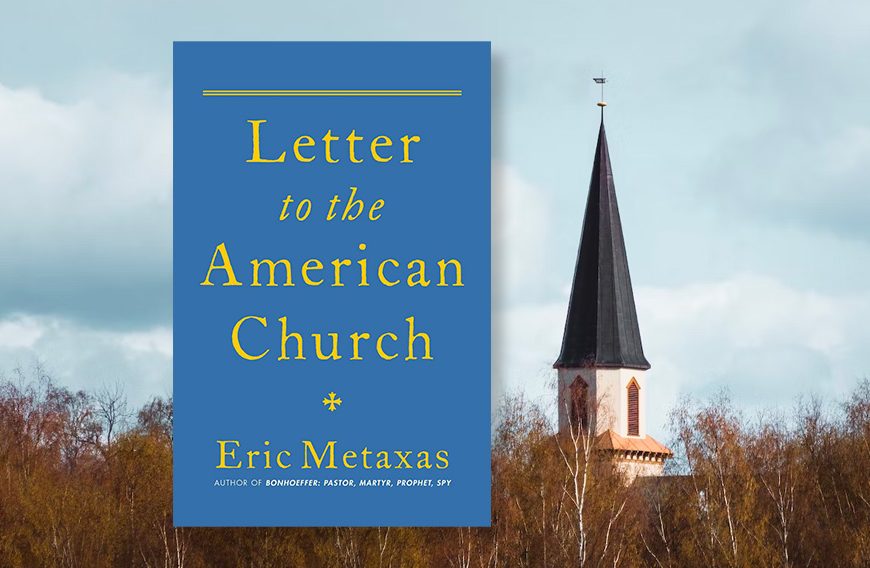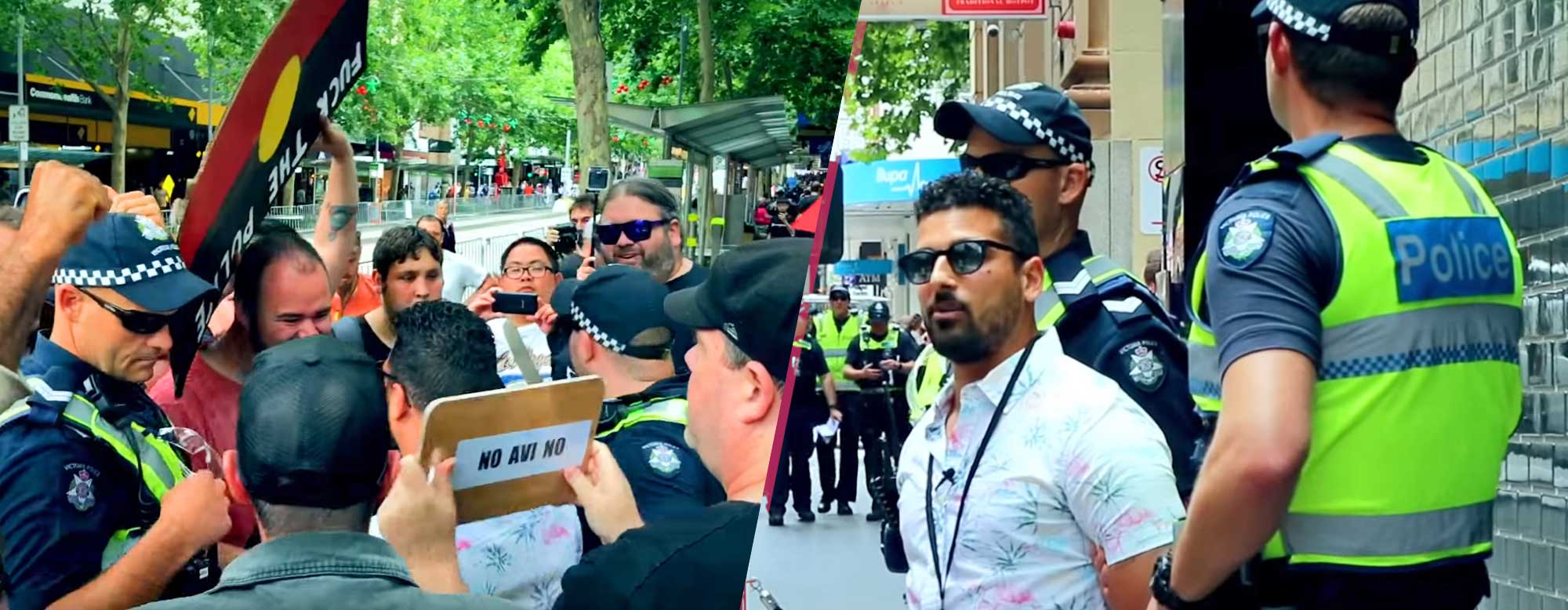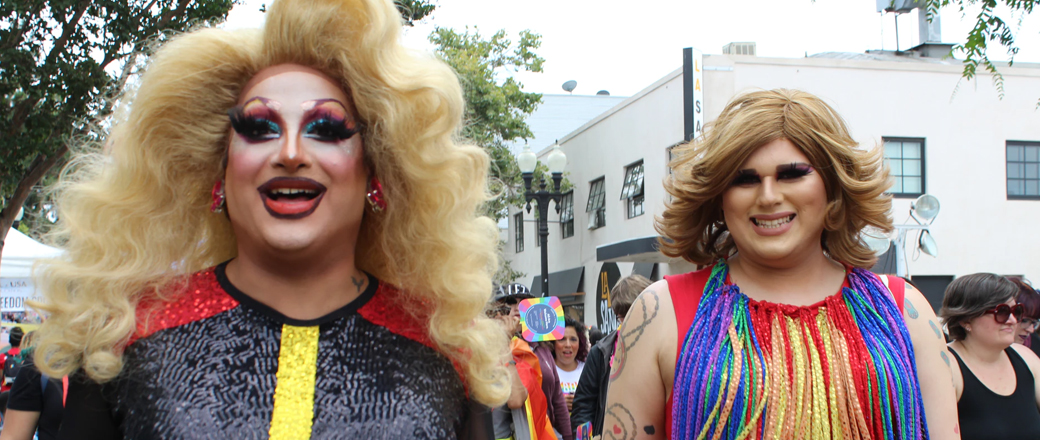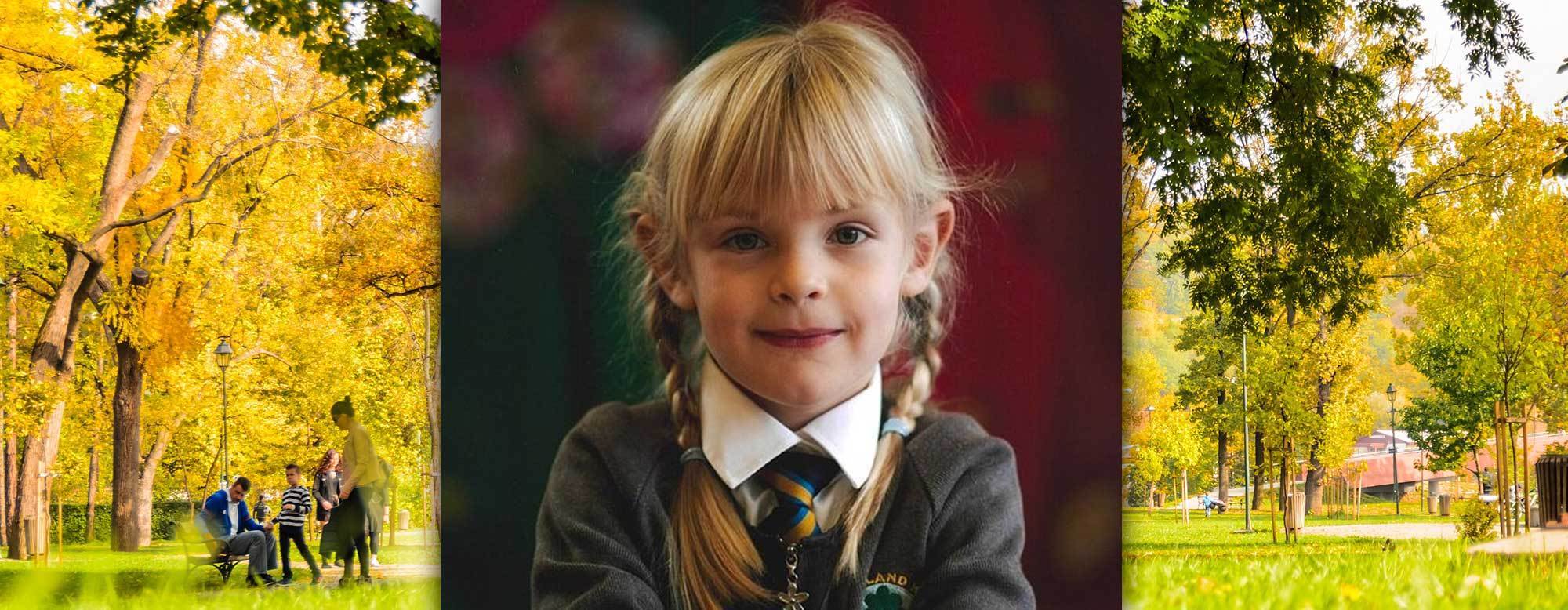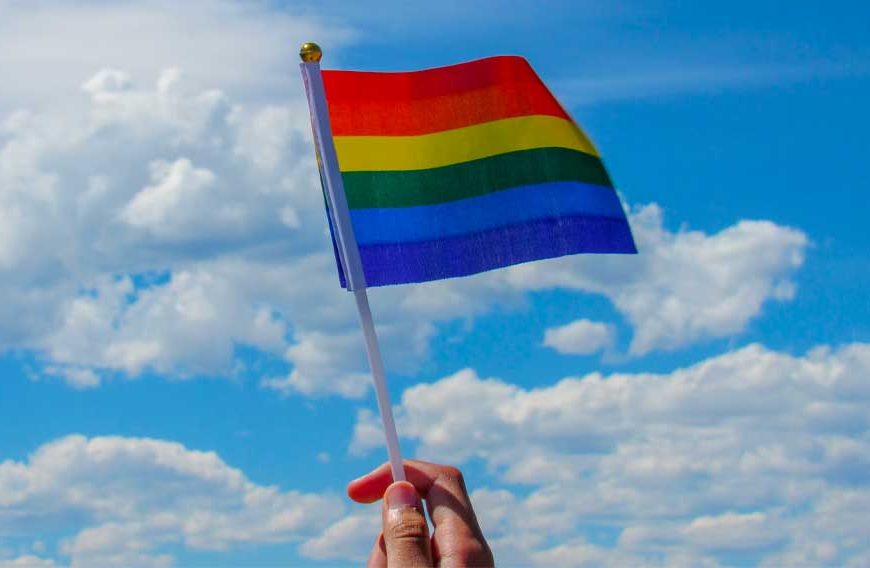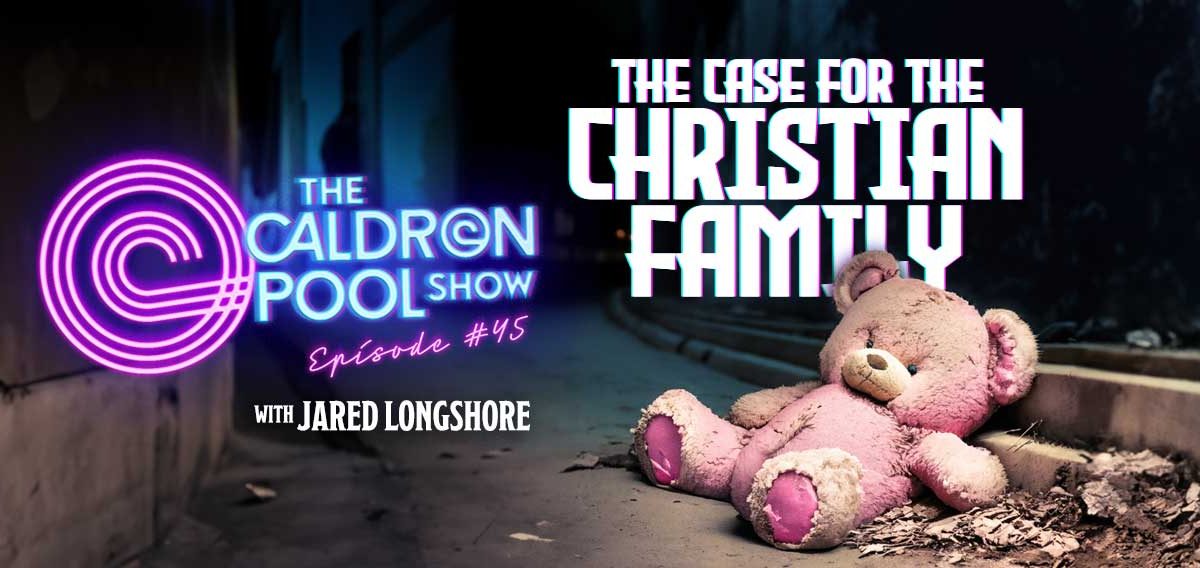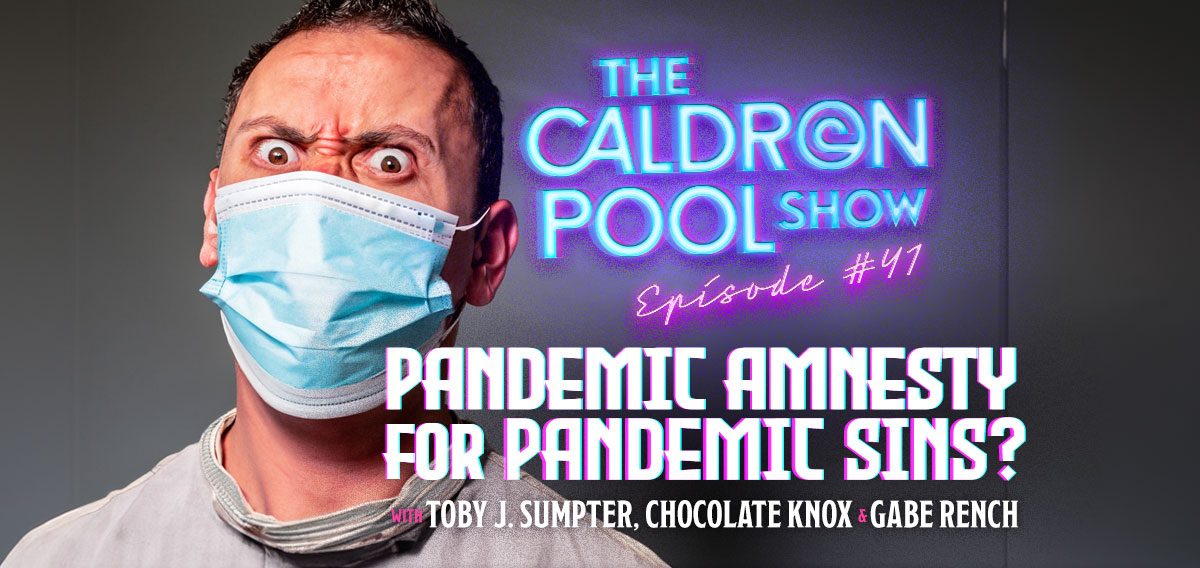Columnist, Coleman Hughes, a colour-blindness revivalist, has alleged his TED talk was suppressed by blacktivists.
Writing for The Free Press, the character over colour – merit over melanin – African American recounted the strange way TED handled his April 2023 contribution.
By all appearances, TED appeared reluctant to post the talk and even seemed to have shied away from promoting it.
The whole TED2023 conference arrangement was on the up and up, Hughes said, until Black@TED “safe space police” tried to pressure TED into ditching his speech.
Calling TED on their unusual handling of his talk, they and Hughes eventually came to an agreement. Only after a lengthy negotiation.
Hughes went back and forth with the company over employees offended by his speech – one which emulates the platform of Martin Luther King Jr. – because they said it was racist, dangerous, and irresponsible.
Further, Hughes had accepted an invitation from TED boss, Chris Anderson, to talk privately with the Black@TED team, only to be told “they were not willing to speak to him.”
He said, he “never learned why.”
By way of compromise, execs wanted Hughes to do a debate as well. This, they said, would be added to his original talk.
Hughes agreed, on the premise that the talk was a separate video.
This wasn’t what TED had in mind. Mitigating the Molotov thrown by Woke arsonists was.
Told the goal of the debate was to amplify his original talk, Hughes said it didn’t make sense.
What he (I think rightly) saw was TED trying to “dilute his message.”
“After all, the whole genesis of this debacle was the fact that certain TED staffers wanted to nix my talk altogether—and Anderson feared an internal firestorm if my talk were released normally,” Hughes added.
“The release proposals being pressed upon me were conceived in order to placate angry staffers, not in order to amplify my message.”
They all eventually came to an agreement.
A month after his “A Case for Colour Blindness” TED talk went live in August, views for Hughes’ talk on the 23.4 million subscribers YouTube TED channel numbered the standard 75,000 view counts.
On TED’s website, the view count levelled off at 155,333.
Comparing views to talks released after his, Hughes said, TED’s website numbers didn’t add up.
“Either my TED content is performing extremely poorly because it is far less interesting than most of TED’s content, or TED deliberately is not promoting it.”
For Hughes, the evidence pointed to the latter.
Responding to the allegation, Chris Anderson said, most of what Hughes recounted was accurate.
Anderson then denied TED was censoring him.
Although they knew the speech was going to draw heat, they didn’t anticipate the proverbial “mostly peaceful” bonfire, and pitchforks.
“The talk ended up causing more upset than we foresaw. So, there was pressure from some on our team not to post it,” Anderson said.
As per the TED Charter celebrating itself as a marketplace of ideas, they posted the video anyway.
Anderson then explained, while there was “huge enthusiasm from the audience for Hughes’s argument, many others heard it as a dangerous undermining of the fight for progress in race relations.”
In the reply – published by The Free Press – Anderson thanked Hughes, but lamented the “genuine hurt, and offense people took to hearing Hughes’s argument.”
Responding to Anderson on X, Hughes was respectful, saying, TED “failed to address his core allegation.
“The low viewer count is not a mystery. It’s a logical result of [TED] deliberately under-promoting it.”
If Anderson’s denials about censoring Hughes are true, TED execs may have used the free speech, not unlimited reach loophole.
The loophole satiates the cancel culture cult while offering TED plausible deniability.
In this case, they’re half right about not censoring Hughes, they just happened to limit his reach.
Still, soft censorship is censorship.
The whole way Hughes’s speech was handled appears to back this conclusion.






